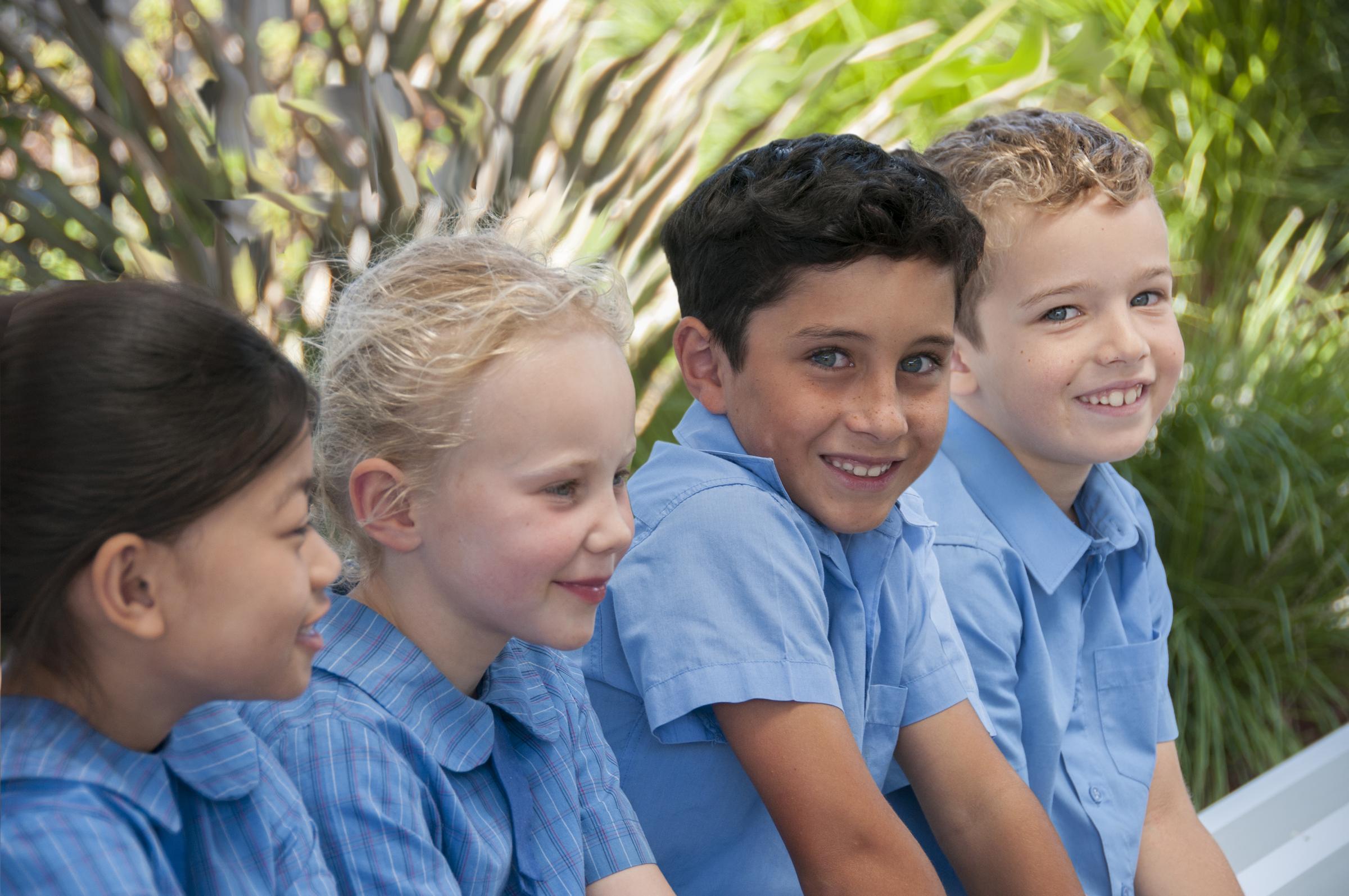Student Well-being

Talking about school with your child
Talking about school: why children sometimes find it hard ‘How was school?’ is a big question. To answer, your child has to sum up a whole day, and that’s hard for children (and even adults!) to do.
A child might really want to say, ‘My day was so jam-packed with ideas and classes and social stuff that I don’t know where to start’. So it’s easier just to say, ‘OK’.
Why talking about school is important
Talking with your child about the school day shows you’re interested in what’s going on in their life. This interest boosts your child’s mental health, happiness and wellbeing. It can also have a very positive effect on your child’s behaviour and achievement. It shows your child that you value school and education, which encourages them to value it too.
Talking together about school also helps you get to know more about what’s expected of your child at school, how they learn and how they handle challenges. It can help you understand when your child is feeling less interested in school or having problems.
When you’re in touch with your child’s feelings about school, you’re more likely to see problems before they get too big. This way you can work on overcoming challenges together.
And talking about school issues – like school projects or friendship problems – is also a great chance for you to express your family values about things like teamwork, respect for self and others, friendships, relationships, problem-solving and so on.
Strategies for talking about school with your child
When your child first gets home from school in the afternoon, they’ll probably be tired and hungry or thinking about other things. So easing the transition from school or after-school activities to home can help your child feel more like talking.
It’s best to avoid asking your child a lot of questions straight away – this can be overwhelming for your child. You can just let your child know that you’re glad to see them, and talk about non-school topics for a while. Younger children will probably also like unpacking their bags and going through any notes before you ask about school.
Saving questions about homework for later on can also take the pressure off!
Every afternoon or evening will be different. Even if your child usually likes to share their day with you, there’ll be days when they don’t want to talk. Sometimes it’s a matter of sensing your child’s mood and picking the right moment. Some days there might not be a right moment at all, and that’s OK.
Simple, positive and specific questions about parts of the day can get your child talking. It’s good to use questions that invite more than a ‘yes’, ‘no’ or ‘OK’ response. For example:
- What’s the news from school today?
- What was fun?
- What did you like best at school today?
- What does your classroom look like at the moment?
- What did you do in class after recess?
- Who did you hang out with today?
- What subjects did you do today?
- What topics are you working on in science at the moment?
Tips for talking about school with primary school children
These tips can help you get a conversation going:
- Make time to talk. This can often be when you’re doing something with your child. For example, your child might like to talk when you’re walking the dog or preparing dinner together.
- Give your child your full attention if they want to talk with you about their day.
- Take seriously whatever your child tells you. For example, you can say things like, ‘That’s really interesting. Then what happened?’ or ‘And how do you feel about that?’
- Use respectful language when you talk about the school and teachers with or in front of your child. For example, ‘I can see that’s frustrating, but Ms Adams is your teacher and you need to speak respectfully to her’, or ‘Yes, that seems unfair, but perhaps you don’t know the whole story’.
- Use active listening techniques. These can help you pick up on your child’s feelings and work out whether they want to talk.
Taken from Raising Children - Australian Parenting Website
Lauren Borg
Student Well-being Leader
